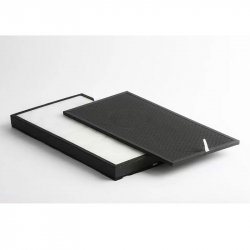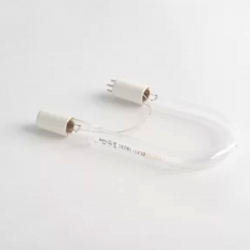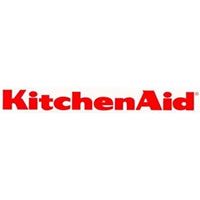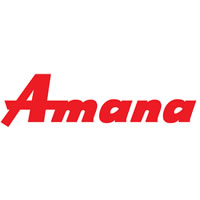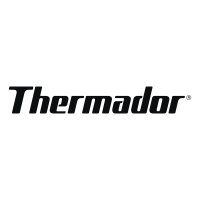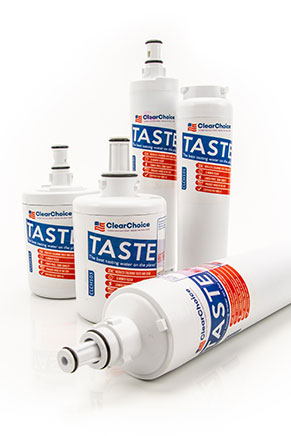Contagion: From the Big Screen to the Real World
Why You Should Give a Cyst
By: Krysten Cox
Is Contagion Real?
With the recent release of the movie Contagion, people have been asking the question, "Can this really happen?" Truth is: yes. However, there are measures that can be taken in preparation for and prevention of a public health emergency.
The real ingredient contributing to Contagion's scare recipe is the possible existence of its "villain". The movie tracks the spread of a flu-like virus as it globally begins its killing spree. To learn more about the movie, visit the official Contagion website.
The Role of CDC:
The Centers for Disease Control and Prevention (CDC) takes extensive measures to continually research and prepare individuals on preventative measures in the likelihood that a health emergency happen. In an email sent by the Association for Professionals in Infection Control and Epidemiology (APIC), CDC's role in emergency preparedness and response was listed as follows:
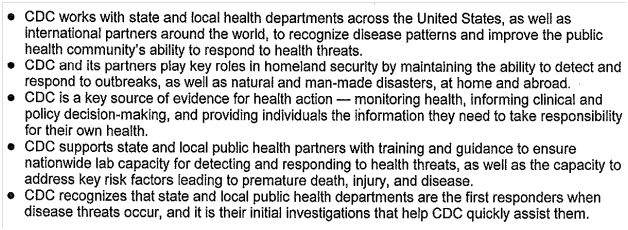
What can YOU do?
What many don't know, is that we are capable of taking precautions to keep ourselves from infectious diseases. More than that, it's easy. The use of water filtration is one of these simple ways. Pretty much, just buy the best filter you can afford for your refrigerator.
What the cyst?
Most of us are familiar with the word 'cyst,' right? If not, do an image search on Google. I dare you. Yummy, isn't it? The gag reflex has once again been revalued.
To put it in simple terms, a cyst is a blister-like, lump that develops under the skin of an unfortunate host. The medical dictionary defines it as "an abnormal closed epithelium-lined cavity in the body, containing liquid or semisolid material," which is almost as sophisticated as our own definition.
However, cysts are also present in our water. Yep, in the water we drink.
Most Common Types of Water Cysts:
CRYPTOSPORIDIUM
When does it occur?
Cryptosporidium is a microbial cyst that enters water in lakes and rivers.
Where does it occur?
Occurs either due to cross contamination of sewage lines with water lines or the water infected by contaminated animal waste.
What are its effects?
· Causes cryptosporidiosis, which is a mild gastrointestinal disease that can be severe and even fatal to individuals with weakened immune systems.
· There is no treatment against cryptosporidium, although symptoms may be treated.
· The immune system is capable of stopping the infection within one to two weeks.
Where have we seen this water cyst?
Cryptosporidium gained infamy after 400,00 people in Milwaukee, Wisconsin became infected in 1993 from contaminated water.
GIARDIA
Where is it present?
Giardia is a parasite present in lakes and rivers
When does it occur?
Fecal matter contaminates water within lakes and rivers.
Why does it happen?
· Cross contamination of sewage and water lines
· Direct discharge from small sewage plants into lakes or streams
· Sewage discharge from cabin toilets
· Cysts present in animal fecal matter deposited into water
· Rainfall carrying water cysts from animal waste into bodies of water
Who is susceptible?
· An estimated 20-65 million Americans are at risk due to lack of filtration systems
· It is proposed that 40-45% of giardia cases are caused due to unfiltered water exposure.
· Unsanitary conditions of public places, during travel, and sexual practices involving fecal matter can also be reasons for exposure.
What are the effects?
Giardia affects the intestines of humans and animals. Once in the body, giardiasis develops a disease that causes diarrhea, nausea, among other symptoms.
How is it treated?
Giardia is treatable with medicine and rarely fatal.
COLIFORM BACTERIA
Where is it present?
Coliform exist in soil or vegetation, as well as the gastrointestinal tract of animals. It is includes many strands of bacteria, such as E-coli
When and why does it occur?
Enters water through:
· Direct disposal of waste
· Runoff from wooded areas, pastures, feedlots, septic tanks, and sewage plants.
· Can enter house through backflow from contaminated sources, carbon filters, or leaking well caps that allow dirt and dead organisms to fall into the water.
Who is susceptible?
Everyone! Coliforms are ubiquitous, so they are everywhere.
What are the effects?
Many types of Coliform bacteria are harmless. This means that contact with these strands of bacteria doesn't necessarily mean that the host will become sick. Actually, many people become immune to this type of bacteria present in their own water. However, individuals with weaker immune systems are more likely to be affected by Coliform.
How is it treated?
Treatments vary depending on what organisms are found. The immune system fends off some less harmful infections on its own, therefore treatment in not needed.
How to Avoid Water Cysts
· Use water treatment systems that use coagulation, sedimentation, filtration, and chlorination is capable of removing it.
· If cryptosporidium or giardia levels are high in your area, it is best advised that you boil water before consumption.
· Watershed protection and monitoring of water quality are critical
· Drinking bottled water
Why should you give a cyst?
Because you don't want to be the person who drank the poo water, who then went to the bathroom without washing their hands and touched the doorknob that your co-work touched after you, who was then harmlessly wiping crumbs from their lips and then dangerously kissed the boss who got sick and died. Now you have no job. Way to go. Be clean, be safe. Get a water filter.
A serious note from Reed B., CSO of NTSupply.com
Look for fridge filters that are certified to remove cysts. Most fridge filters that are certified to NSF standard # 53 (Health Effects) will be certified for cyst removal. Check the performance data sheet on the filter to make sure this is the case.

